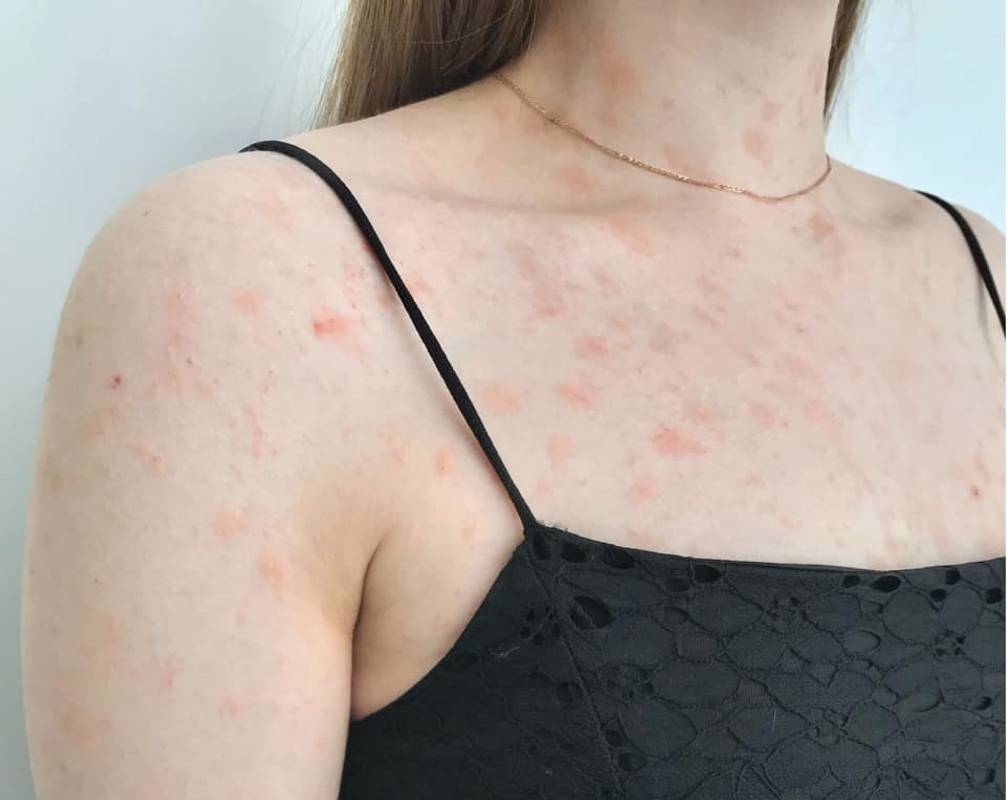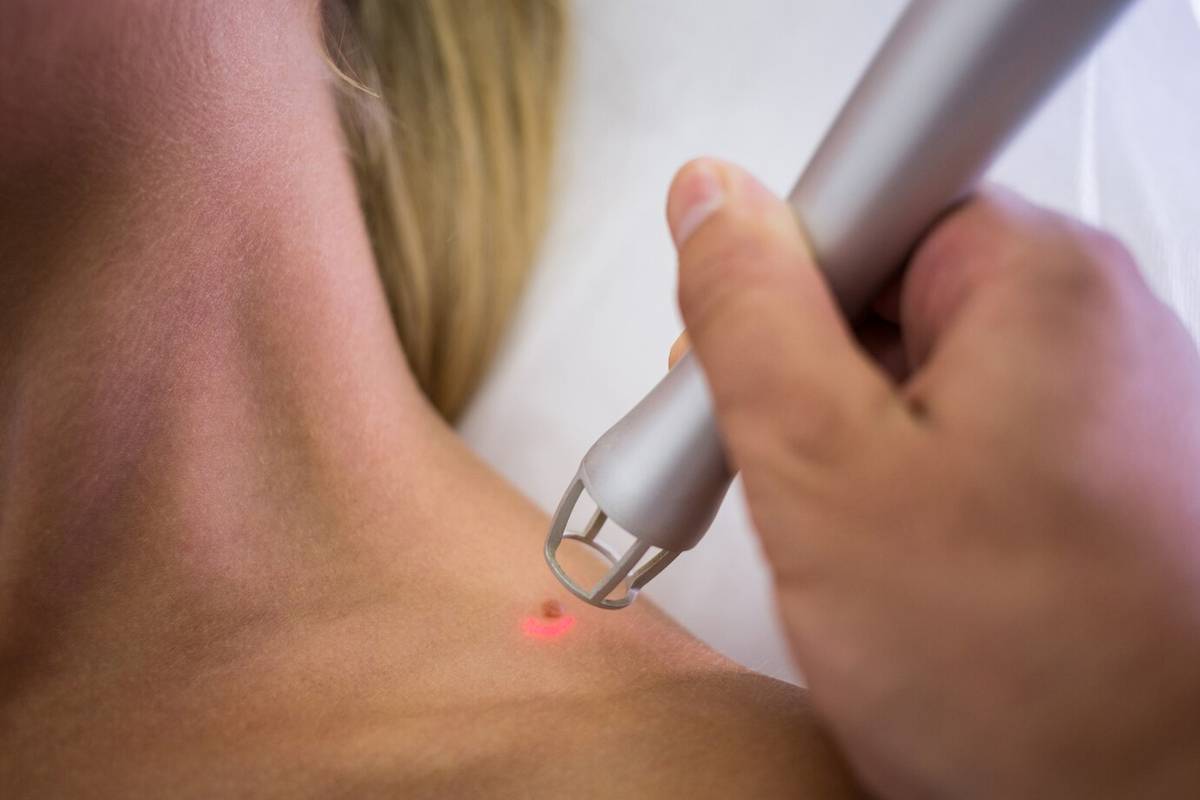
Consequences of war: how it affects the health of civilians
Consequences of war: how it affects the health of civilians
Experts say that 90% of the Ukrainian population already have mental disorders due to the war – sleep disturbances, increased irritability, tearfulness, emotional instability.
The full-scale war, which has been going on for more than two years, is claiming the lives and health of not only those on the front line. As a result of the stress, civilians also suffer. As a sociological study conducted by Gradus Research showed, over the past six months, 42% of Ukrainians felt the need for psychological help. Family doctor Violetta Liyko, practical psychologist, social pedagogy, specialist in EMDR therapy Elena Khrolikova and dermatocosmetologist of the highest category Zhanna Prikhodko tell more about how the health indicators of Ukrainians changed during the war.
 — Let’s start with the mental health of Ukrainians. What trends are you seeing?
— Let’s start with the mental health of Ukrainians. What trends are you seeing?
● O. Khrolikova:
— The war led to the spread of mental disorders, in particular, sleep disturbances, increased irritability, tearfulness, emotional instability, etc. Various manifestations of post-traumatic stress disorder, anxiety and depression have also increased. Overall, 90% of the Ukrainian population has mental disorders due to the war. In the first half of 2023 alone, pharmaceutical companies sold more than 3.6 million antidepressants in Ukraine. This is very, very much.
Most often, women aged 30+ seek help, in particular mothers with children, because this is the most vulnerable category of the population. Now children have many fears: for their lives, for the lives of their relatives, fear of being alone, of being alone, fear of loud sounds, when, for example, an air raid alarm sounds, fear of the dark. These fears manifest themselves as anxiety disorders. The main task of parents is to be there, support and explain what is happening to their children.
— During the great war, visits to family doctors probably also increased?
● V. Liika:
“According to my observations, in the first year of a full-scale invasion, people turned to doctors for help less often. After all, who moved, who was worried that there would not be enough money for treatment. There was a certain amount of confusion. Therefore, for example, the early detection of cancer and chronic diseases has significantly worsened. It was also influenced by the fact that the availability of medical care in certain regions has become worse, and in some it is completely absent. Some territories found themselves under temporary occupation; many doctors left for safer regions.
However, in the second year of the war, people had already begun to adapt to new realities and the number of requests increased. In particular, with regard to diseases aggravated by stress – chronic, autoimmune, cardiovascular, neurological, rheumatological, endocrine. Let me give you an example. Even before the war, a patient with high obesity, type 2 diabetes and hypertension came to me. In addition, he has already started having problems with his joints. My husband was under 40 years old. We developed a treatment plan and was consulted by a number of doctors. And the patient began to lose the first kilograms.
But a full-scale invasion began. The man found himself in temporarily occupied territory. He then managed to move to a safer region. In such cases, some people get a second wind and continue to take care of themselves, while others “hide in the shell.” That’s what happened with this man. In addition to previous illnesses, severe depression was added, and he gained even more weight. Therefore, now they must also use antidepressants.
– How to maintain mental health during war? What do you advise?
● O. Khrolikova:
– Firstly, you need to accept reality and try to live here and now, and not put off life later. Secondly, you should do household chores, as before the war – cleaning, cooking, spending time with children, taking care of yourself. Under no circumstances should you surf the Internet 24/7. “Take” the news in doses, be sure to take a break.
In addition, communicate more often with family and friends, but again try to discuss not only the topic of war, but also, for example, everyday life, hobbies, etc.
Remember what gave you pleasure and what helped you relax in your normal life. Perhaps it’s reading books or listening to music, or a walk in the park. And, of course, it’s better to play sports – choose the one you like. Or do physical breathing exercises at home. Sport is a wonderful medicine.
“It is known that our skin also experiences stress hard.
● Zh. Prikhodko:
– Without a doubt. Indeed, as a result of stressful situations due to war, the release of “stress hormones” such as adrenaline, norepinephrine, and cortisol increases in the human body. Thus, cortisol provokes increased activation of the sebaceous glands, which can lead to the appearance of acne. For example, we treated a 13-year-old boy for acne. The patient’s face was covered with blue-red nodules and ulcers. It turned out that the problem arose with the beginning of the war. The guy was under fire for some time. Everything I’ve experienced has affected my skin.
“Stress hormones” destroy collagen and reduce the skin’s production of hyaluronic acid. Many patients complain that during the full-scale war their face has become very old, their skin has become dull, dry, and flaky. In such cases, of course, professional treatment and procedures are necessary.
View all ⇒PRICE









